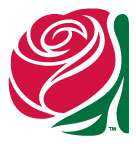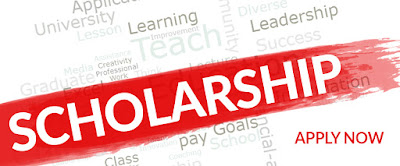Rebecca Priest, Rho Chapter, Louisiana State Organization
The visual arts are a powerful tool in our everyday world and especially within a classroom. Our spotlight artist enjoyed toying with photography as a classroom teacher and incorporating the arts within her interactions with her students to enhance instruction. Rebecca Priest learned early on that she enjoyed the hobby of taking pictures, and she continued her experimentation with photography into retirement. The Arts & Humanities Jury Committee noticed Rebecca’s keen eye for photography and has asked her to share her insights. She reminds us of an important step in the art of photography; capturing the moment, enjoy in the experience you are witnessing. In Rebecca’s eyes, a photograph can truly say a thousand words.
1. Tell us about yourself as an educator and an artist.
I taught Kindergarten for 31 years before retiring in 2016. I have always loved young children, and I truly believe in the concept of developing the whole child (social, emotional, intellectual, physical, and artistic development) while meeting the needs of a diverse group of learners. Allowing children to explore and create and use their imagination helps nurture their growth and development.
2. What are your inspirations as you are choosing your scenes, and how do you go about doing this?
 Photography has always been a hobby for me. Throughout my career, I took pictures of children in my classroom performing daily tasks as well as photos of special occasions. I used these photos for assessment purposes, but also loved to capture ‘moments’ with my photography. These photos were then given to parents at the end of the year. In later years, I learned how to create a classroom photo/slideshow that each family received. I have continued my passion with photography after retiring, especially when capturing beautiful photos of my great-nieces and nephew, scenic areas when traveling, nature, family and friends, and sometimes all of those things together!
Photography has always been a hobby for me. Throughout my career, I took pictures of children in my classroom performing daily tasks as well as photos of special occasions. I used these photos for assessment purposes, but also loved to capture ‘moments’ with my photography. These photos were then given to parents at the end of the year. In later years, I learned how to create a classroom photo/slideshow that each family received. I have continued my passion with photography after retiring, especially when capturing beautiful photos of my great-nieces and nephew, scenic areas when traveling, nature, family and friends, and sometimes all of those things together!
3. What kind of photographic device (camera or phone) did you use in your gallery submissions? Do you have any tips for our readers?
I use my iPhone 11 Pro to capture all the pictures I take now. I still have a Canon camera and special lenses, along with the less expensive cameras that were used in my classroom, but I get incredible shots with the iPhone, and it’s always nearby!
4. What is the best piece of advice given to you as an artist/photographer or that you can give to someone else?
When taking pictures with a phone or a camera, snap away…… but remember to stop for a while to just be in the moment and ‘take in’/enjoy all that is around you. The smells, sounds, temperature, and other visuals that are not in the frame will help the memories become more vivid and beautiful. I have recently begun taking pictures of sunrises and sunsets on the Mississippi Gulf Coast, but I always put the camera down to just relish in the moment.
5. In your view, what is the value of the creative arts in education?
In an early childhood program, the creative arts are the activities that engage a child’s imagination, whether through art, drama, dance, movement, or music. The creative arts benefit each child’s physical, emotional and mental development.
6. Do you have anything else you’d like to share about yourself or your DKG journey?
In the early 2000’s, I was trained in the Discipline Based Arts Education program focusing on the visual arts. I learned much about the arts and gained an appreciation for all areas of the creative arts. I also learned the importance of developing my students’ abilities to understand and appreciate art. The curriculum was quite structured, but I was able to incorporate many concepts while encouraging the children to express their own, individual creativity.
One more thing…Let’s keep the conversation going. If you have ideas or comments for the Arts and Humanities Jury, please let us know.





%20-%20Bev%20Johns.jpg)






